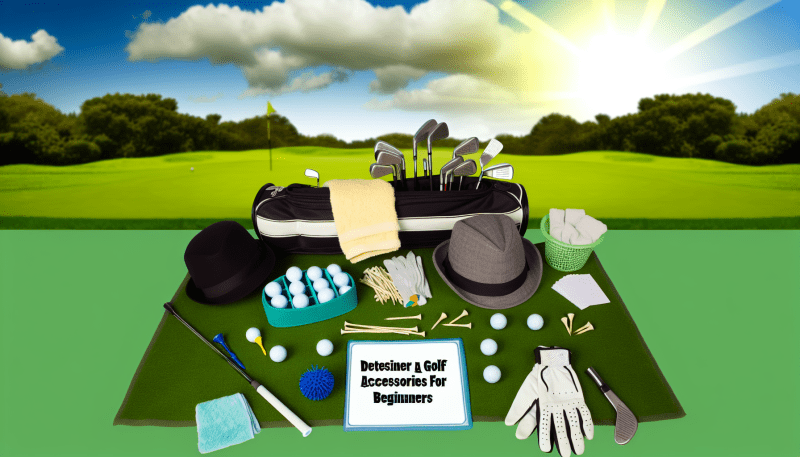Getting the right size and fit for your golf clubs is key to playing your best game. If you’re new to golf, it might feel overwhelming, but don’t worry! Let’s break it down.
First, consider your height and arm length. Most manufacturers provide charts that match your stature to the appropriate club length. A general rule of thumb? If you’re taller than average, you might want longer clubs. Conversely, if you’re on the shorter side, you’ll likely benefit from shorter clubs. It's all about comfort and making sure you're set up to swing naturally!
Next, think about your skill level and swing type. Beginners often find that more flexible clubs help with their swing path. On the other hand, if you have a faster swing speed, stiffer clubs can give you more control. Getting a fitting session at a local shop can help you find the right flex for your swing.
Don’t forget about grip size! The right grip size can really impact how you hold the club. A grip that’s too small can lead to excessive wrist motion, while one that’s too big can make it harder to control. When you hold the club, your fingers should comfortably touch the palm of your hand without squeezing too tightly.
Lastly, don’t shy away from testing out different clubs before buying. Many golf stores offer demo clubs. Swing a few options and feel what works best for you. Comfortable clubs will make your time on the course much more enjoyable!
Understanding Different Club Types
When you're just starting out in golf, it can feel a bit overwhelming with all the different types of clubs out there. But don't worry! Understanding the basics can help you make the right choice for your first set of clubs.
First up, we have drivers. These are the long clubs you'll use to tee off on the first hole. They're designed for distance, so you want a club that feels comfortable and gives you a good swing. A driver usually has a large head and a long shaft, making it easier to hit the ball far.
Next are the irons. These clubs are pretty versatile and come in numbers ranging from 3 through 9. Lower numbers like 3 or 4 are great for longer shots, while higher numbers like 7 or 9 are used for shorter, more precise hits. If you plan to play frequently, having a few irons in your bag is a great idea.
Don’t forget about wedges. These clubs are specially designed for hitting shorter shots and getting out of tricky situations, like bunkers or thick grass. They're perfect for when you need to get the ball up in the air quickly and close to the hole. A pitching wedge is a must-have for your starting kit!
Finally, there are putters. These are used on the green to roll the ball into the hole. A good putter can significantly improve your game, as most golf strokes happen on the putting green. Look for one that feels good in your hands and gives you confidence!
Budgeting for Your First Set
First, decide how much you can comfortably spend. A good rule of thumb is to aim for a budget that balances quality without going overboard. Many beginners can find decent sets in the $300 to $600 range. This price point typically gets you a good mix of essential clubs without emptying your wallet.
Keep an eye out for sales, especially during the off-season or holiday periods. Many retailers offer discounts that can help you snag a great deal. By planning your budget wisely, you can find a set that fits your needs and doesn’t strain your finances.
Getting Help from Experienced Players
When you’re venturing into the world of golf for the first time, it’s super helpful to get insights from those who’ve been there, done that. Experienced players can offer valuable tips that you might not find in a book or online. Plus, they often have practical advice that can save you time and money.
One great way to connect with seasoned players is by joining a local golf club or community. Many clubs have friendly members who love sharing their knowledge. Don't hesitate to ask questions about which clubs they recommend or what mistakes to avoid. More than likely, they’ll be happy to help you steer clear of any pitfalls they encountered when starting out.
Remember, every golfer has their unique preferences, so take their advice with a grain of salt. What works for one person might not be the best fit for you. However, gathering insights from experienced players can give you a solid foundation as you make your selection.



